There is an official definition for what is considered to be genuine Harris Tweed. Harris Tweed is defined as, “a tweed which has been hand woven by the islanders at their homes in the Outer Hebrides, finished in the islands of Harris, Lewis, North Uist, Benbecula, South Uist and Barra and their several purtenances (the Outer Hebrides) and made from pure virgin wool dyed and spun in the Outer Hebrides.”
Only tweed that has passed the standards set by the Harries Tweed Authority, an independent statutory public body, is recognized as authentic Harris Tweed.


The history of Harris Tweed can be traced all the way back to the 18th century. The job of the women who lived in the Outer Hebrides was to make yarn from the lamb’s wool obtained on the island, while fishing was the primary job for the men. However, whenever the men couldn’t go out to sea due to stormy weather or other reasons, they wove the yarn made by hand and used it to make workwear for when they went out fishing.
It is believed that this is where the roots of Harris Tweed stemmed from. Today, the name is known all over the world, but up until the mid-19th century, the tweed was only produced to be used locally inside the home or to sell at local markets.


In 1846, Lady Catherine Herbert, who inherited the North Harris Estate from her late husband, Alexander 6th Earl of Dunmore on his death bed, became impressed by the techniques used to make the cloth and its quality, and spent time and effort to improve the efficiency of the production process before promoting it among the aristocracy and Victorian royals.
The tough and thermal properties of the functional fabric also made it a popular choice among members of the upper class for hunting and sporting wear.

As the fabric became widespread, cheaper versions of tweed started to appear under the name of the Harris Tweed brand, and to help keep Harris Tweed authentic and distinguish it from other imitations, Mary Stewart Mackenzie of Seaforth helped to establish the Harris Tweed Association in 1909. The various types of tweed, which were commonly named after the islands that they were produced on, were collectively unified as Harris Tweed.
At the same time, as a way to praise the achievements of Lady Dunmore, the association established the “Orb Mark” with the Maltese cross based on the Dunmore family crest.
This certification mark was granted the following year (the oldest registered trademark in the UK) and was stamped onto the labels of each garment to prove that the tweed was indeed manufactured in the Outer Hebrides and to promote and maintain its authenticity and quality.

left: 0116205013024 DOTERA COAT HARRIS TWEED, right: 0116205013029 HOPILAND BLAZER HARRIS TWEED

left: 0316205017003 NOME P.O. DRESS HARRIS TWEED, right: 0116205013025 SANJURO JKT HARRIS TWEED


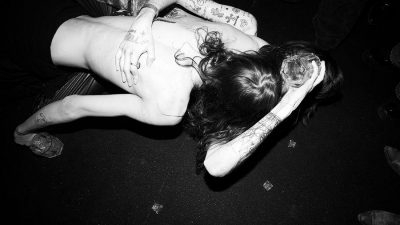
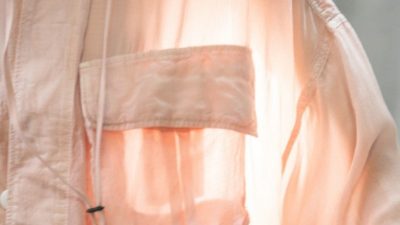
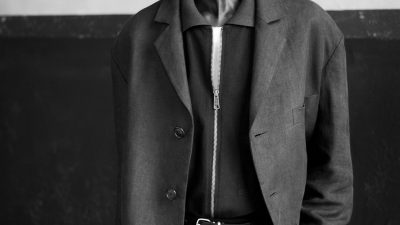

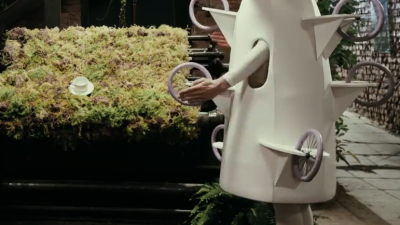

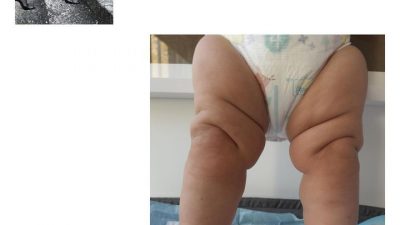

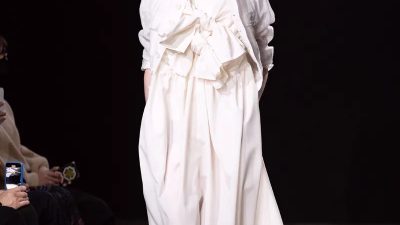

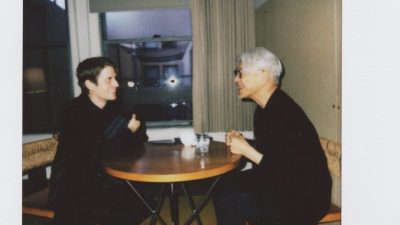
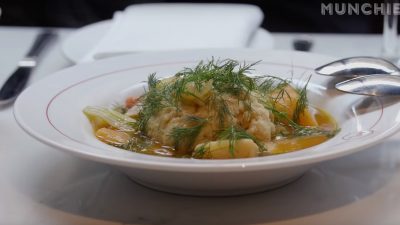

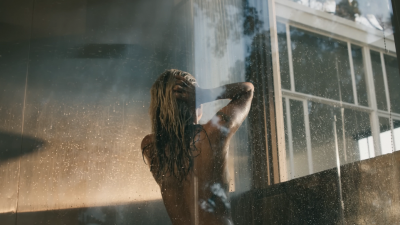

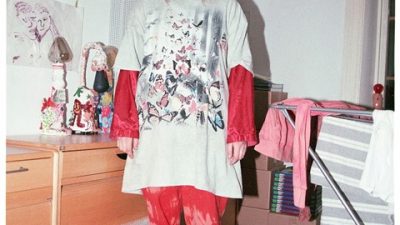
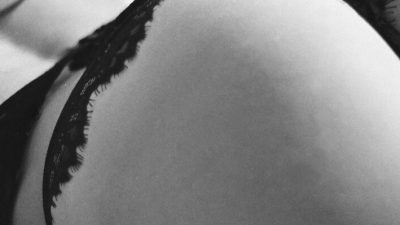



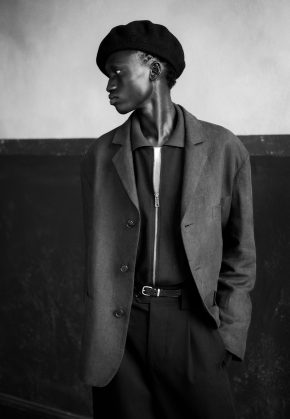
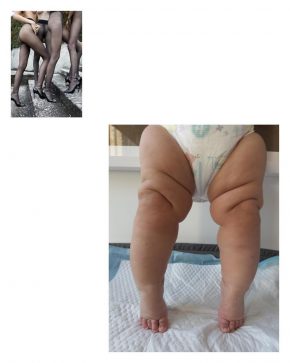
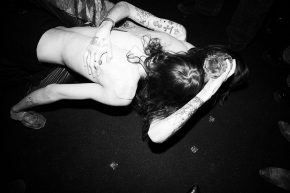
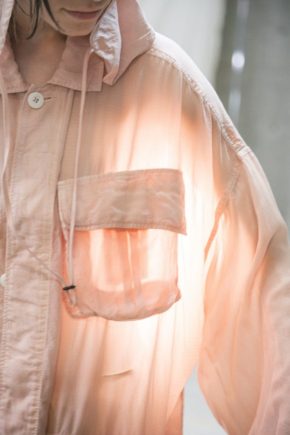
Comments